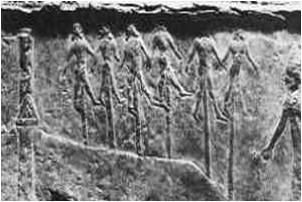
History records that the Assyrians were ruthless to any enemy that tried to withstand them. One inscription from an Assyrian King Tiglath-Pileser records:
Source:

History records that the Assyrians were ruthless to any enemy that tried to withstand them. One inscription from an Assyrian King Tiglath-Pileser records:
Source:
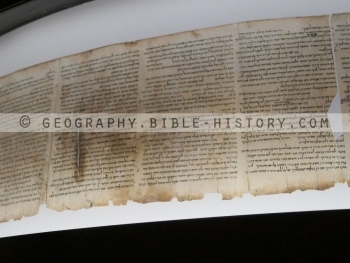
Among the Dead Sea Scrolls discovered in 1947 was found the “Scroll of Isaiah” inside of a clay jar and well preserved, dating to the 2nd century BC. The entire Hebrew text of the prophet Isaiah was found in “perfect” condition. When compared...
The religious beliefs and practices of the ancient Egyptians were complex and deeply intertwined with their daily lives. Here are some key aspects: Polytheistic Belief: Ancient Egyptians believed in a pantheon of gods and goddesses who governed vario...
Yes, archaeological discoveries have provided evidence that supports the existence of King David, a significant figure in biblical history. While there are no direct inscriptions or artifacts that mention King David by name, several discoveries have ...
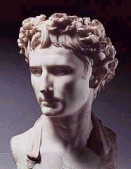
Augustus was born with the name Gaius Octavian on September 23, 63 B.C. His parents were C. Octavius and Atia, a niece of Julius Caesar, by his sister Julia. Source: Augustus Caesar...
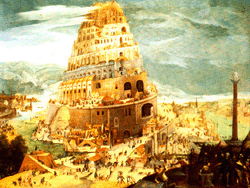
Babylon is Akkadian “babilani” which means “the Gate of God(s)” and it became the capital of the land of Babylonia. The etymology of the name Babel in the Bible means “confused” (Gen 11:9) and throughout the Bible, Babylon was a symbol of...
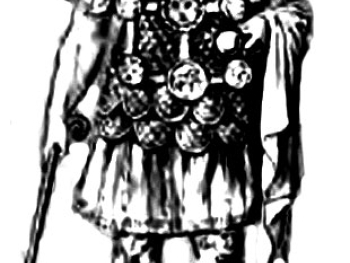
In ancient Rome the “centurion” meant “captain of 100”, and the Roman centurion was captain over 100 foot soldiers in a legion. The centurion was loyal and courageous, beginning as a soldier in the army and working their way up the ranks. The...
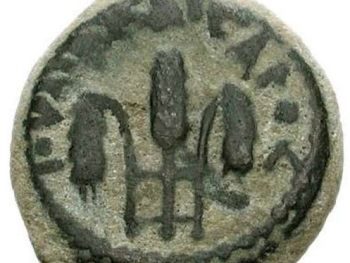
Only the Jewish historian Josephus provides us with what little information is known about Pilate’s life before 26 A.D. when Tiberius Caesar appointed him procurator of Judea. The sketchy information suggests that Pilate was probably an Italian bor...
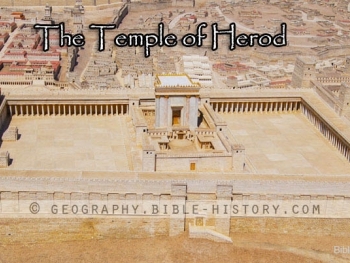
The Platform for the Temple compound built by Herod the Great was a monumental feat, considering the steepness of the surrounding terrain. According to scholars the flat platform measured 1041 feet on the north side, 1556 feet on the east side, 929 f...
The Bible does not provide specific details about Abraham's dress or clothing. However, we can infer some general information about the attire of people during that time period and cultural context. Abraham lived during the early second millennium BC...
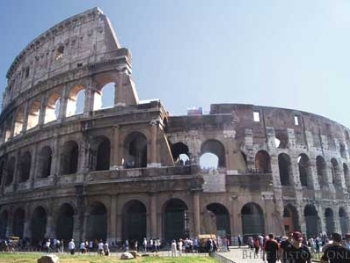
The Colosseum was known in ancient Rome as the Flavian Amphitheatre, named after the 3 emperors who were all involved in its construction. Vespasian conceived the idea and began building in 72 AD and his son Titus dedicated it in 80 AD with a 100 day...
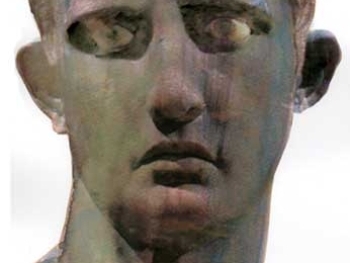
This bust was discovered by archaeologists at Meroe (Modern Sudan) and is currently in the British Museum. It depicts the face of the Roman Emperor Augustus who ordered the census just before the birth of Jesus. This brought the parents of Jesus (Jos...
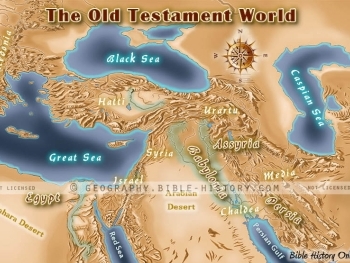
The Black Sea was known in ancient times as the Euxine and in the Roman Empire as Pontus Euxinus, and many ships sailed along its borders. The Black Sea was not mentioned in the Bible, although it was a northern boundary in the Roman Empire and the N...
The name of Jesus, in its original language, was written in Hebrew as יֵשׁוּעַ (Yeshua) or יְהוֹשֻׁעַ (Yehoshua). In the New Testament, the name appears in Greek as Ἰησοῦς (Iēsous). The specific form used in the Bible depen...
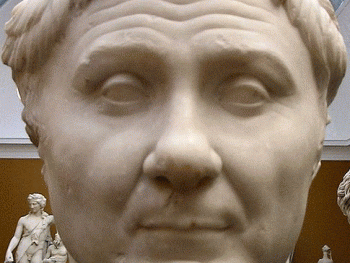
Pompey was a military genius and his soldiers recognized this and referred to him as “Magnus” which means the great, thus the name Gnaeus Pompeius Magnus. Source: Pompey the Great...
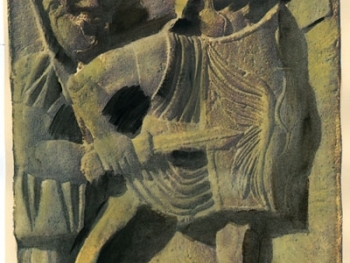
Augustus, the first emperor of Rome had in his empire 25 legions of approximately 6,000 soldiers each. A legion was formed of 10 Cohorts (540 men in each Cohort). Each Cohort was subdivided into 6 Centuries (90 men formed a Century), and each legion ...
The people of ancient Greece developed unique characteristics because of the topography of their country. The coastline curved inward very peculiarly, causing the bays to become very prominent, and stretching far out into the Mediterranean Sea. This ...
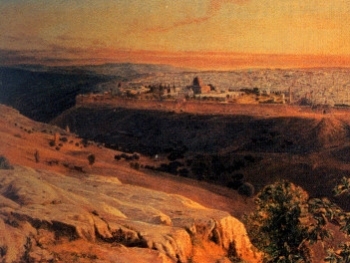
The main sources available estimate that the population of those living in Jerusalem during the time of Jesus was probably around 80,000 to 100,000 citizens. But during the Passover hundreds of thousands of Jews from the Diaspora would pour into Jeru...
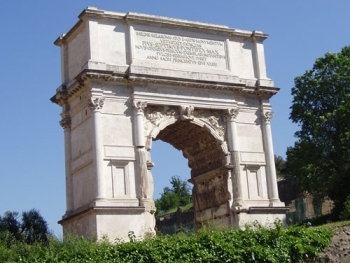
The Arch of Titus is one of Rome’s most famous monuments. It was built to commemorate the victories of Titus and Vespasian in the war against the Jews and their complete destruction in 70 AD. One wall relief inside the arch shows the spoils of the...
Welcome to Free Bible: Unearthing the Past, Illuminating the Present! Step into a world where ancient history and biblical narratives intertwine, inviting you to explore the rich tapestry of human civilization.
Discover the captivating stories of forgotten empires, delve into the customs and cultures of our ancestors, and witness the remarkable findings unearthed by dedicated archaeologists.
Immerse yourself in a treasure trove of knowledge, where the past comes alive and illuminates our understanding of the present.
Join us on this extraordinary journey through time, where curiosity is rewarded and ancient mysteries await your exploration.




